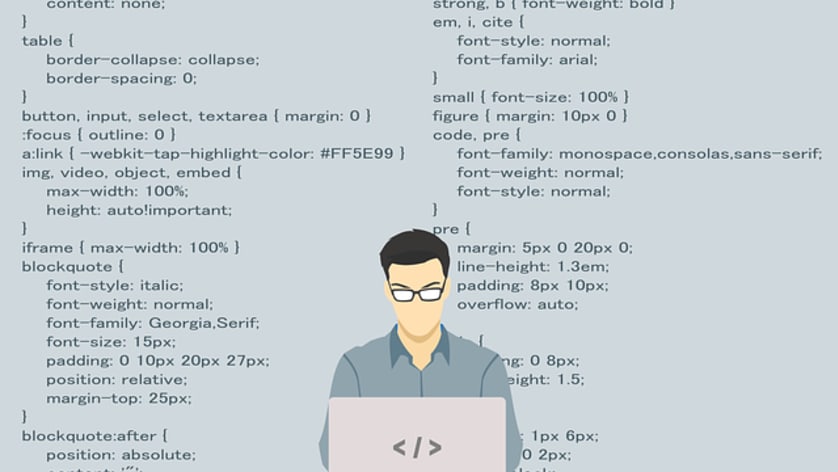As an Experienced Developer, Should You Turn Down Coding Tasks at Interview?

Whether on a whiteboard, solving a timed task, or implementing a take-home project, many senior-level developers wonder if programming tasks are still something they should participate in.
It's an understandable consideration if you're a seasoned tech professional. Do you, a ten-year veteran who has mastered a plethora of technologies, still need to prove yourself? Should a company still consider you if you reject a coding test?
There's no clear path here. If you refuse any part of the interview process, expect the company to abandon the process entirely. Put yourself in their shoes: why would you want to hire someone who rejects an industry standard practice for the interview process?
If you refuse to do any programming as part of the interview process, a rejection is the most likely scenario for you. It shows the employer that you're willing to go through hassle over something standard. In addition to your technical skills, you also need to be a cultural fit for the company. By refusing to take entrance tests, you're drawing tracks in the sand before you've even signed the job offer.
If you're asked to invert a binary tree on the whiteboard or similar nonsense, most hiring managers will probably accept your counteroffer of a programming assignment or a technical homework assignment. But instead of saying, "I'm not doing that," say it better like this:
I'm not sure a whiteboard is the best way to show what I know. I understand why we have this, but I would feel much more comfortable with a mini-project.
(Many recruiters or hiring managers may not have thought more carefully about the test assignment. It's entirely possible that they hate them as much as the tech professionals being interviewed. However, if you can show the interviewers an alternative, they may reconsider their process).
Besides whiteboards, there are other ways to test knowledge that companies use. Take-home projects and on-site testing. The on-site challenges are typically what you would expect: they sit you down at a computer, tell you what to do, and give you a time frame to complete the task. Most of the time, the company just wants to see if you've mastered the basic skills. However, in other cases, the tasks are impossible to complete, they just want to see how much you accomplish.
In our opinion, the live test is a good compromise. This one doesn't have the bland aftertaste of a whiteboard, but it helps your potential employer see if you have the core skills they need. Subject-based homework is a bit more comfortable, but it also has its quirks.
Watch out, though, if the company asks you to take the test for their platform. Are you being asked to fix a bug or create a feature for an existing app or service? That's not a test for an application - that's work.
For technical tasks you're asked to implement at home, make sure they don't get out of hand. Some companies claim that you only need to spend a few hours on their project, knowing that you need to put in as much time as possible. But, if a project produces results that the company can use in production, or if you are asked to spend a day or more on that task, it is certainly not inappropriate to ask for compensation.
Declining any programming, as part of the hiring process will most likely end the process. You know your skills. Potential employers just want to know if you're the right person for the job. The ideal way is to find common ground so employers can see what you're capable of and you don't feel taken advantage of.


















